

Choosing the right dry wall anchor manufacturer is crucial for the success and safety of any construction or DIY project. This guide explores various types of dry wall anchors, key considerations when selecting a manufacturer, and essential factors to ensure you get high-quality, reliable products. From understanding different anchor materials to evaluating a manufacturer's certifications and production capabilities, we'll equip you with the knowledge to make informed decisions.Understanding Dry Wall AnchorsDry wall anchors are fasteners used to securely attach objects to dry wall surfaces. Unlike screwing directly into the dry wall, which offers minimal holding power, dry wall anchors provide a stable and reliable connection. They are essential for hanging everything from light picture frames to heavier items like shelves and cabinets.Types of Dry Wall AnchorsThere are several types of dry wall anchors, each designed for specific weight capacities and applications: Plastic Anchors: These are suitable for light-duty applications, such as hanging pictures or small decorations. They are typically inexpensive and easy to install. Self-Drilling Anchors (also known as Self-Tapping Anchors): These anchors have a sharp point that allows them to be screwed directly into the dry wall without pre-drilling. They are ideal for medium-duty applications. Molly Bolts: These anchors provide a strong hold and are suitable for heavier items like shelves and curtain rods. When tightened, the anchor expands behind the dry wall, creating a secure connection. Toggle Bolts: Toggle bolts offer the highest holding power and are used for very heavy items. They consist of a bolt and a spring-loaded wing that expands behind the dry wall. Metal Anchors: These anchors are more durable and often rated for heavier loads than plastic anchors.Key Considerations When Choosing a Dry Wall Anchor ManufacturerSelecting the right dry wall anchor manufacturer is vital to ensure the quality and reliability of your fasteners. Here are some crucial factors to consider:Material QualityThe material used to manufacture dry wall anchors directly impacts their strength and durability. Ensure the manufacturer uses high-quality materials such as: Nylon: For plastic anchors, high-grade nylon provides good strength and resistance to deformation. Zinc Alloy: For metal anchors, zinc alloy offers excellent corrosion resistance and strength. Steel: For heavy-duty anchors like molly bolts and toggle bolts, hardened steel is essential for reliable performance.Manufacturing Process and Quality ControlA reputable dry wall anchor manufacturer will have a well-defined manufacturing process and rigorous quality control procedures. Look for manufacturers who: Use advanced manufacturing equipment to ensure precision and consistency. Conduct regular inspections and testing to identify and correct any defects. Adhere to industry standards and certifications (e.g., ISO 9001).Certifications and ComplianceVerify that the dry wall anchor manufacturer has the necessary certifications to demonstrate their commitment to quality and safety. Common certifications include: ISO 9001: This certification indicates that the manufacturer has a quality management system in place. RoHS Compliance: This ensures that the products meet the Restriction of Hazardous Substances standards. REACH Compliance: This regulation addresses the production and use of chemical substances and their potential impacts on both human health and the environment.Production Capacity and Lead TimesConsider the manufacturer's production capacity and lead times to ensure they can meet your project requirements. Ask about: Their maximum production volume per month or year. Their average lead time for orders of different sizes. Their ability to handle custom orders or specific requests.Range of Products OfferedA comprehensive dry wall anchor manufacturer should offer a wide range of products to meet various application needs. This includes different types of anchors (plastic, self-drilling, molly bolts, toggle bolts), sizes, and weight capacities.Customer Support and Technical ExpertiseChoose a manufacturer that provides excellent customer support and technical expertise. They should be able to: Answer your questions about their products and their applications. Provide technical data sheets and installation instructions. Offer assistance with selecting the right anchor for your specific needs.Pricing and Payment TermsCompare pricing from different dry wall anchor manufacturers to ensure you are getting a competitive rate. Also, review their payment terms and conditions, including: Accepted methods of payment (e.g., credit card, bank transfer). Payment schedule (e.g., upfront deposit, payment upon delivery). Any discounts offered for bulk orders or long-term contracts.Hebei Muyi Import&Export Trading Co.,Ltd: Your Reliable Dry Wall Anchor ManufacturerLooking for a trustworthy dry wall anchor manufacturer? Hebei Muyi Import&Export Trading Co.,Ltd stands out with its commitment to quality, extensive product range, and exceptional customer service. Located in China, Hebei Muyi leverages advanced manufacturing techniques and rigorous quality control to deliver top-notch dry wall anchors for various applications. Their experienced team ensures every product meets international standards, offering reliable solutions for your construction needs.Testing and Quality AssuranceTo guarantee the performance and safety of dry wall anchors, manufacturers employ various testing methods:Pull-Out TestingThis test measures the amount of force required to pull the anchor out of the dry wall. It is a crucial indicator of the anchor's holding power.Shear TestingShear testing assesses the anchor's ability to withstand lateral forces. This is important for applications where the load is not directly vertical.Corrosion Resistance TestingThis test evaluates the anchor's resistance to corrosion, especially important for anchors used in damp or outdoor environments. Salt spray testing is a common method used to simulate corrosive conditions.Installation GuidelinesProper installation is crucial for maximizing the performance of dry wall anchors. Here are some general guidelines: Select the right anchor: Choose an anchor that is appropriate for the weight and type of object you are hanging. Prepare the surface: Ensure the dry wall is clean and free of debris. Drill a pilot hole (if required): Some anchors require a pilot hole to be drilled before installation. Follow the manufacturer's instructions for the correct drill bit size. Install the anchor: Insert the anchor into the dry wall and tighten it according to the manufacturer's instructions. Attach the object: Secure the object to the anchor using a screw or bolt of the appropriate size and length.Troubleshooting Common IssuesEven with proper installation, issues can sometimes arise with dry wall anchors. Here are some common problems and their solutions: Anchor spins in the hole: This indicates that the hole is too large. Try using a larger anchor or filling the hole with spackle and re-drilling. Anchor pulls out of the wall: This may be due to overloading the anchor. Use a heavier-duty anchor or distribute the weight over multiple anchors. Screw or bolt strips: Ensure you are using the correct size screw or bolt for the anchor. Avoid over-tightening, which can damage the threads.ConclusionSelecting the right dry wall anchor manufacturer requires careful consideration of material quality, manufacturing processes, certifications, production capacity, customer support, and pricing. By following the guidelines outlined in this comprehensive guide, you can confidently choose a manufacturer that meets your specific needs and ensures the reliability and safety of your projects. Remember to prioritize quality and compliance to avoid potential issues and ensure long-lasting performance.Disclaimer: The information provided in this article is for general guidance only. Always consult with a qualified professional for specific advice related to your project.

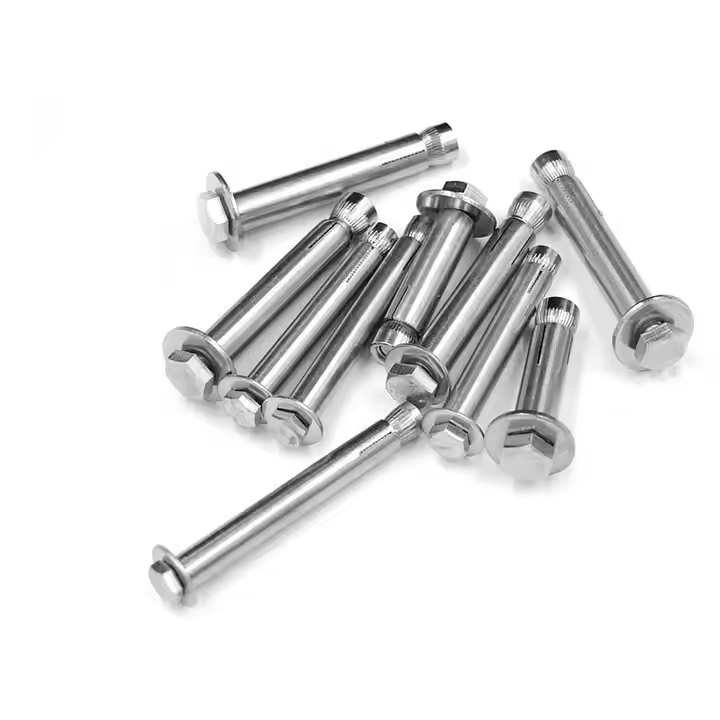
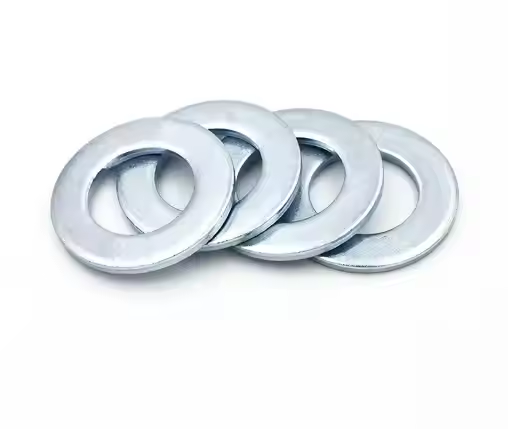
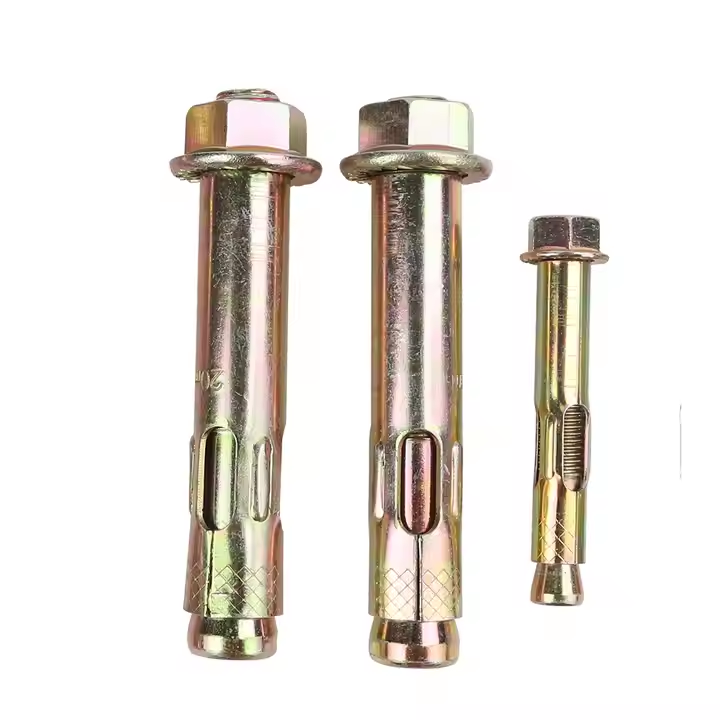

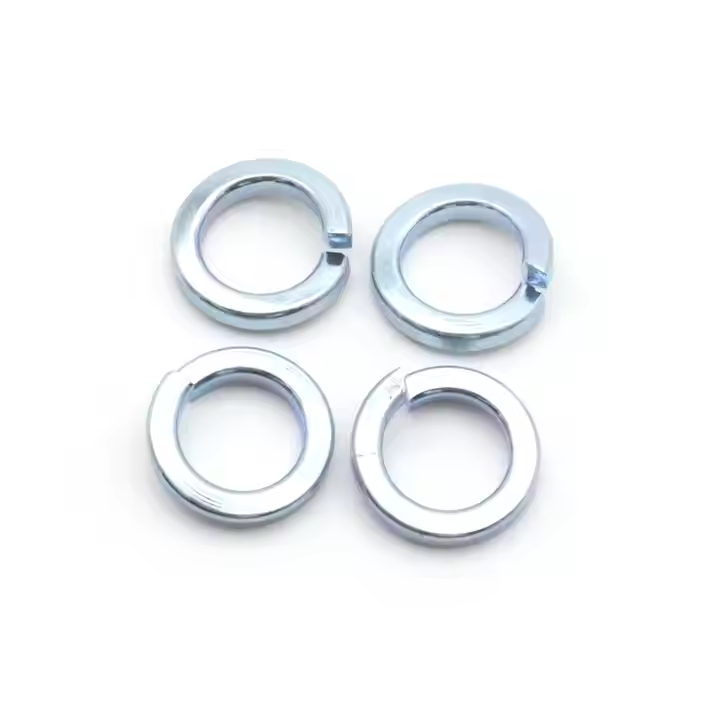
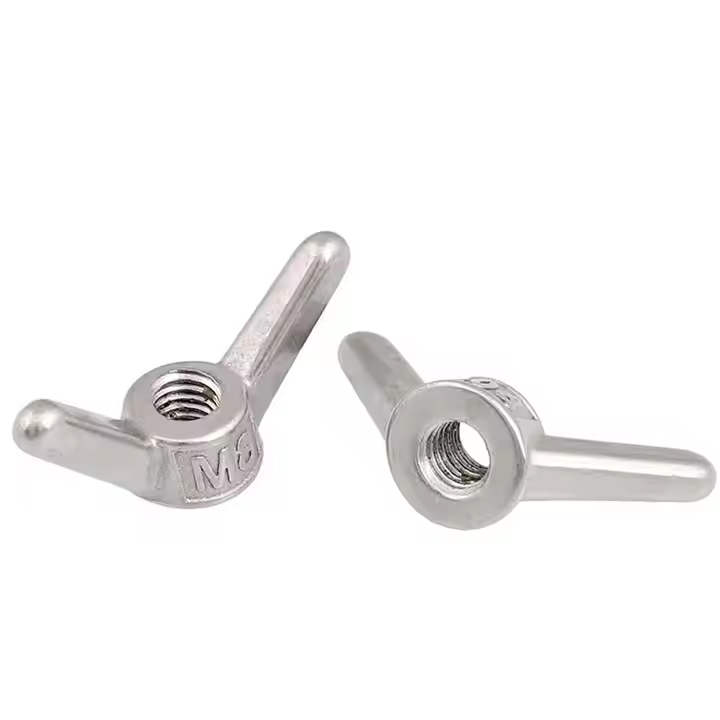
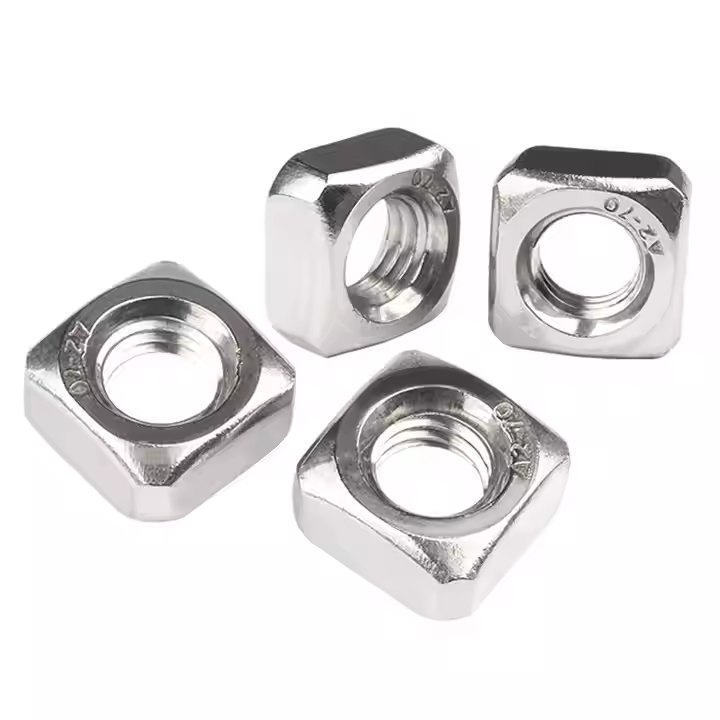
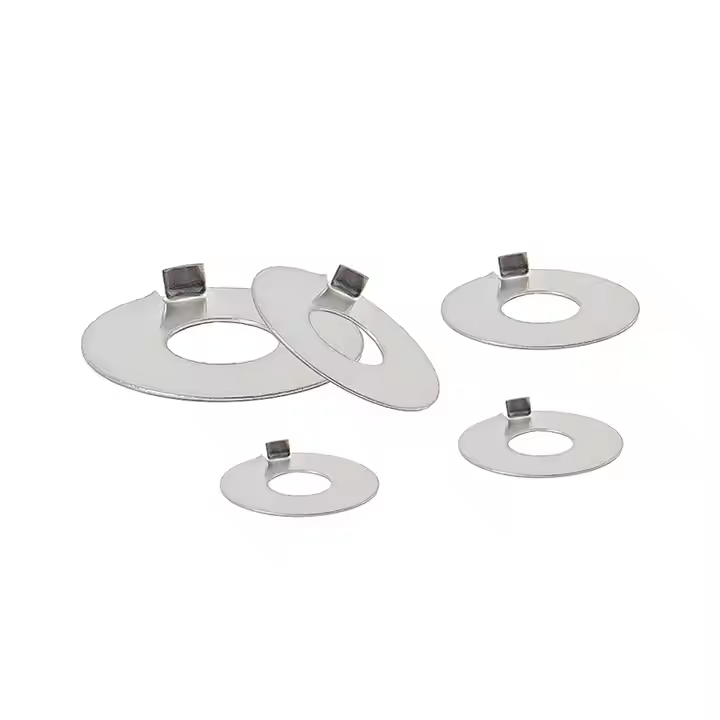




Please enter your email address and we will reply to your email.